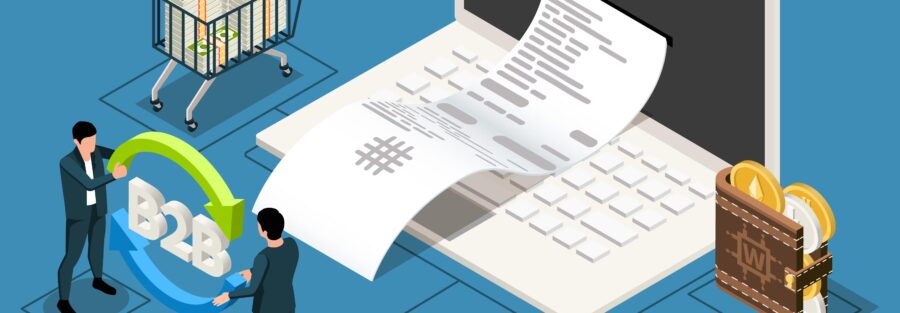The term “billing” is a familiar one to many of us. We regularly receive invoices through the mail or email for services such as utilities, cell phone bills, credit card statements, and more. In the realm of accounting, billing is the process of requesting payment from clients by issuing invoices. An invoice serves as a commercial document that businesses use to request payment and record sales transactions.
The most basic use of billing is to maintain a record of sales and services performed. However, there are several other key purposes and benefits to effective billing, including inventory tracking, accurate bookkeeping, and serving as legal evidence.
Inventory Tracking
Consider a business that sells merchandise, such as a hardware store. If a customer orders ten pieces of plywood for a construction job, they receive an invoice for the plywood. This invoice can be paid immediately, or at a later date, depending on the agreement between the business and the customer. The act of issuing the invoice reduces inventory by ten pieces of plywood, reflecting the customer’s purchase. As inventory depletes through sales, the business can appropriately replenish stock based on the records of sales via invoicing.
Accurate Bookkeeping
Billing also plays a crucial role in maintaining accurate bookkeeping. It records when a good or service is sold, allowing both the buyer and seller to track their payments. This information allows businesses to assess a client’s ability to pay and determine whether to extend credit based on the frequency and regularity of payments.
Legal Evidence
Invoices also serve as legal proof of the sale of goods or services. Failing to issue an invoice could potentially cause issues for your business when it comes to collecting payments for the services or goods provided.
Various industries utilize professional billing services, including medical billing services for psychiatrists, psychologists, nutritionists, and others. Law offices also commonly use professional billing services to bill clients for legal services provided.
The absence of a proper billing system can lead to significant financial strain on businesses. For instance, I recall a television show about a car repair facility owner who repaired many cars for clients but suffered financially due to a lack of invoicing. Customers often forgot what they owed since they didn’t receive an invoice, and the business relied on an “honor policy” that didn’t always pan out. After implementing effective billing procedures, the business transformed into a million-dollar operation. This illustrates the profound impact that proper billing can have on a business’s success.
Billing is not merely a request for payment; it’s a vital part of managing business operations. It helps in inventory management, ensures accurate bookkeeping, serves as legal evidence of transactions, and most importantly, ensures your business gets paid. By understanding and implementing effective billing processes, you can help your business flourish and avoid unnecessary financial complications.
JoAnna Laisell MSAT, January 23, 2024
For more blogs, click here



